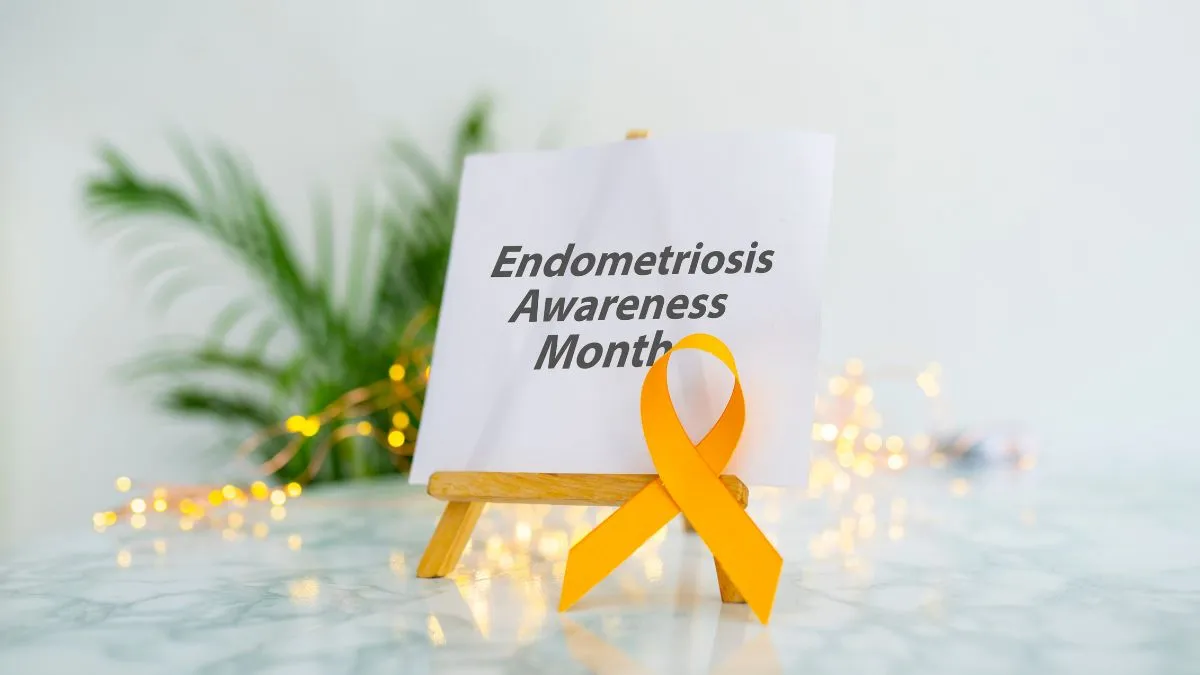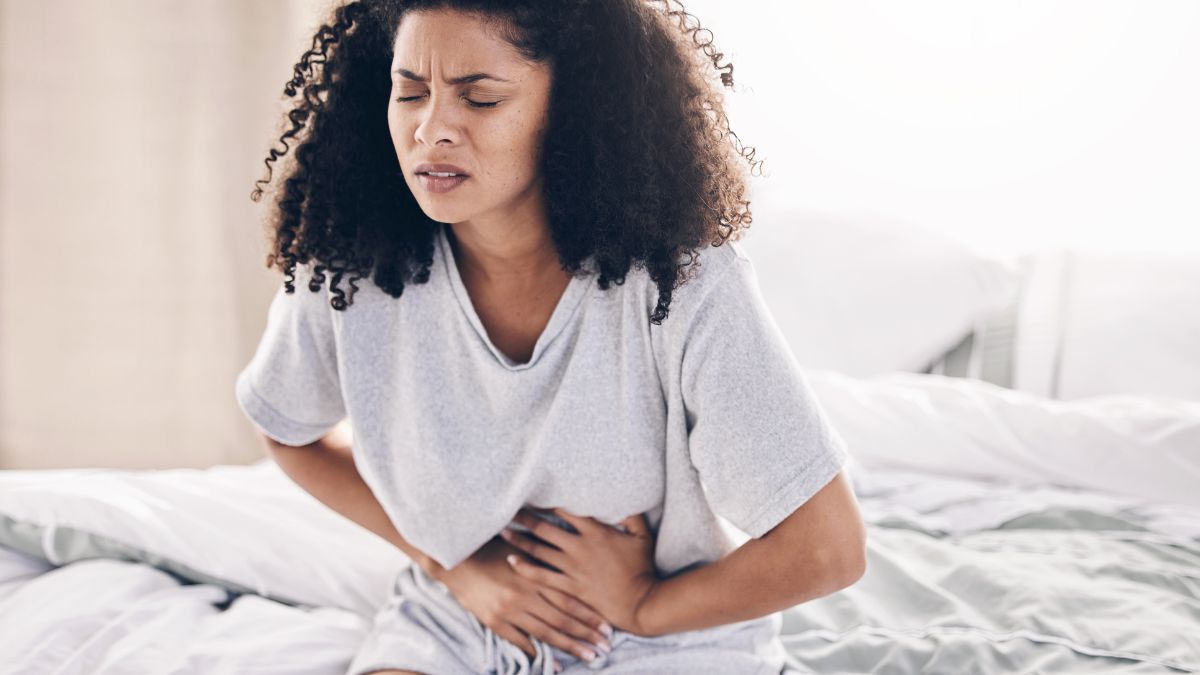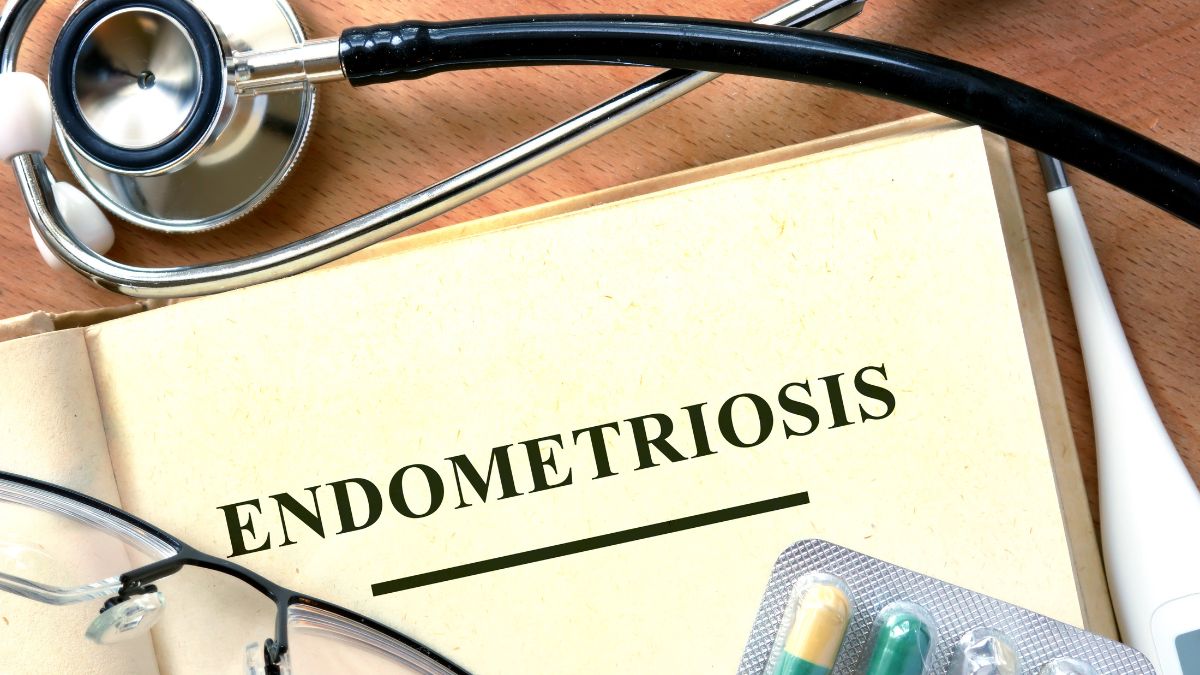
March marks a significant milestone in the fight against endometriosis as it is observed as the Endometriosis Awareness Month. Before we delve deeper into this often-misunderstood condition, we're compelled to ask: how far-reaching are its effects? Beyond the debilitating pain and heavy bleeding, can endometriosis also influence something as fundamental as our eating habits? The answer, according to experts, is a resounding yes. In this article, we'll delve into the intricate relationship between endometriosis and eating disorders, exploring how this painful condition can impact our relationship with food with our expert, Dr Smeet Patel, Endometriosis Specialist, Mayflower Women’s Hospital, Ahmedabad.

Dr Patel said that there is a plausible link between endometriosis and eating disorders (EDs). “This link could be due to some shared pathophysiological mechanisms or to the psychological distress that comes with having a gastrointestinal disorder along with an ED. Though the direct link is yet to be proven, enough factors suggest that there is probably an interrelationship underlying these conditions.”
“Many of the patients with endometriosis complain of gastrointestinal dysfunction, such as intestinal disorders (e.g., irritable bowel syndrome), visceral hypersensitivity, and small intestinal bacterial overgrowth.To curb gastrointestinal symptoms many assume restrictive diets that are gluten-free, dairy-free, or low FODMAP, therefore, potentially developing into orthorexia nervosa or depletion, consequently likely aggravating disordered eating patterns. Balanced diet and incorporating anti-inflammatory as well as non-restrictive diets would help the patient to prevent malnutrition and eating disorders,” shared the expert.
Don't Miss: Is Endometriosis Genetic? Health Specialist Reveals Key Contributing Factors

Dr Smeet explained, “This is because the excessive estrogenic activity may influence mood, satiety, and metabolic function. Therefore, since the HPA axis dysregulation occurs in chronic pain conditions such as endometriosis, a result will be a cortisol rhythmic disturbance that will detriment appetite and eating behaviour under stress.Usually, treatments done by GnRH analogues and other hormonal therapies that have been used in the management of endometriosis are in turn likely to cause changes in weight, self-image complaints regarding the body, and mood disorders that might make the patient more predisposed to developing behaviour against disordered eating.”
“Endometriosis patients suffer from bloating and ‘endo bellies,’ and such symptoms can be confused with weight changes due to fluid retention as well as other hormonal alterations, resulting in dissatisfaction with body image, consequently inducing risks of adopting restriction or compensatory patterns (excessive exercise, purging),” states the expert.
Don't Miss: Late Periods? 4 Reasons As Per Doctor
Dr Patel concluded, “Some studies have indicated that women with chronic pelvic pain syndromes are at a higher risk of body image disturbance, which is a considerable risk factor in the development of any eating disorder.”
If you liked this story, then please share it. To read more such stories, stay connected to HerZindagi.
Also watch this video
Herzindagi video
Our aim is to provide accurate, safe and expert verified information through our articles and social media handles. The remedies, advice and tips mentioned here are for general information only. Please consult your expert before trying any kind of health, beauty, life hacks or astrology related tips. For any feedback or complaint, contact us at [email protected].